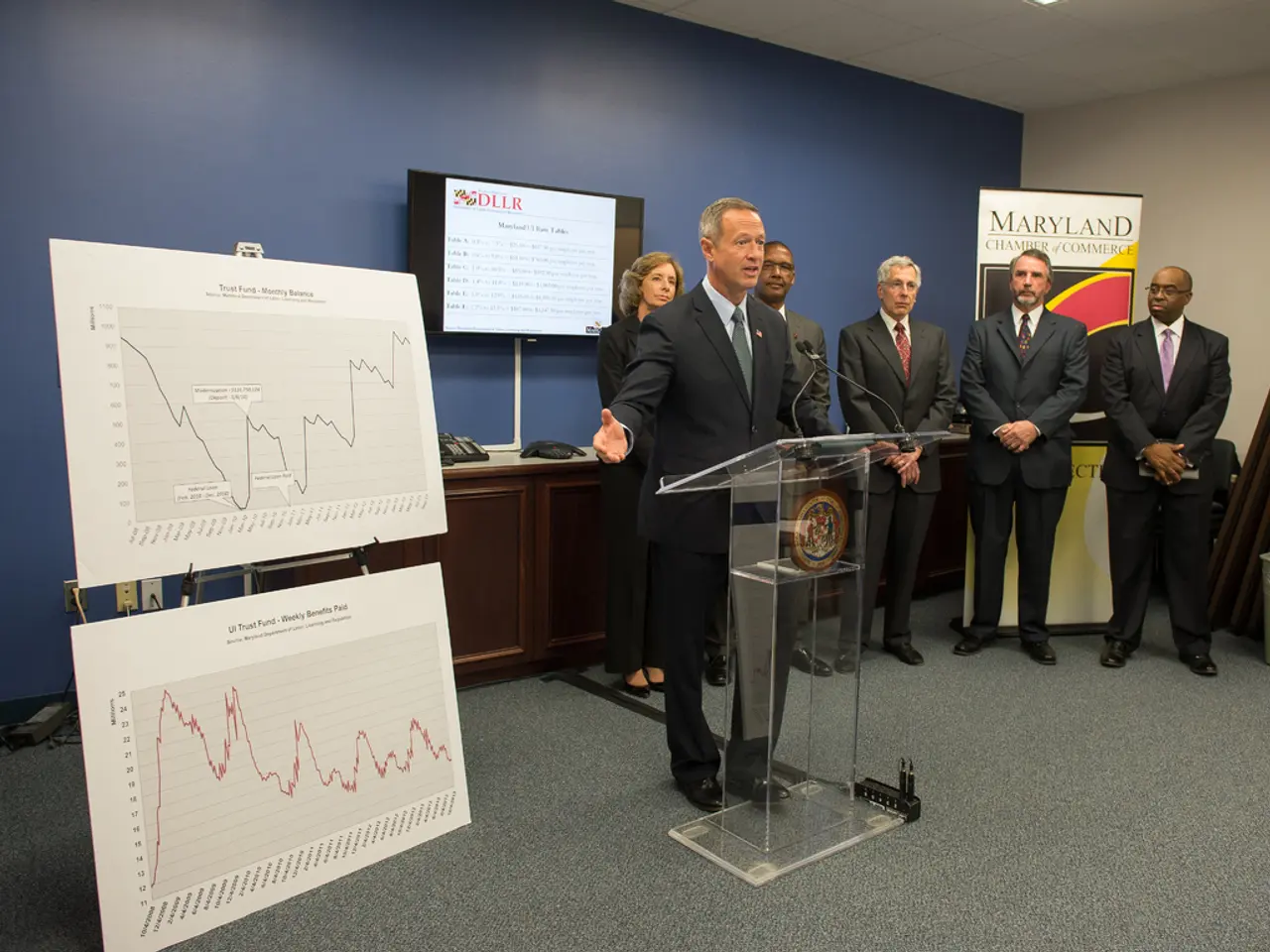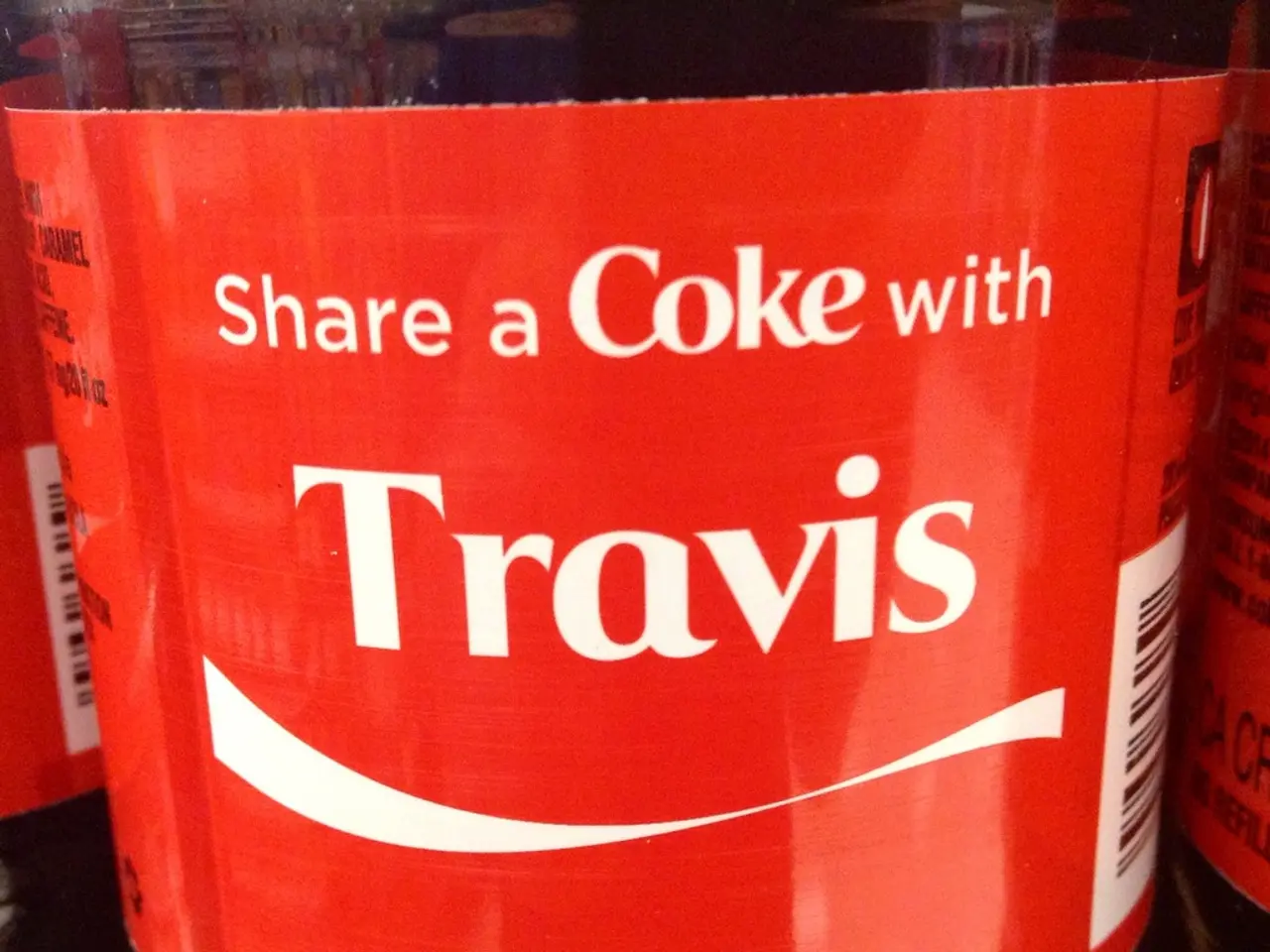User-Created Content (UGC) Targeting Political Figures
Subtitle: How political leaders can leverage user-generated content to connect with constituents and build more responsive political systems
In the digital age, user-generated content (UGC) has become a powerful tool for political leaders seeking to engage with their constituents and stay in touch with the pulse of their communities. UGC, any form of content created by users on social media platforms, blogs, forums, or other online spaces, offers a unique perspective on various topics, providing a window into everyday people's thoughts, experiences, and creativity.
The Benefits of UGC for Political Leaders
Political leaders benefit from using UGC in their communication strategies by increasing voter engagement, building trust, and enhancing message personalization. Here are some key benefits:
- Enhanced Engagement and Persuasion: UGC can be highly persuasive as it represents authentic voices of voters, making messages more relatable and credible. Personal stories or testimonials from supporters can increase the emotional appeal and mobilize communities effectively.
- Improved Personalization and Reach: UGC allows campaigns to microtarget voters with personalized messages by analyzing and amplifying content that resonates with specific demographics or interest groups, thus improving voter persuasion at scale.
- Trust Building and Authenticity: Sharing content created by voters signals openness and responsiveness, which can boost public trust and enhance the leader’s image as connected and transparent.
- Cost Efficiency: Utilizing existing content from users can reduce the costs associated with content creation while allowing for more frequent and varied communication.
Best Practices for Using UGC in Political Communication
To maximize the benefits of UGC, political leaders should follow these best practices:
- Curate and Vet Carefully: Political leaders should ensure UGC aligns with campaign values and messaging. Monitoring and moderating content is critical to avoid misinformation or harmful material that can damage credibility.
- Incorporate Feedback Loops: Using platforms that allow constituents to respond and engage (e.g., voice broadcasting with interactive voice response or social media comments) helps leaders understand voter preferences and adjust strategies dynamically.
- Leverage Multiple Digital Platforms Strategically: Since voters consume political content variably across platforms like Facebook, Reddit, Instagram, and Twitter, maximizing targeted UGC use across these channels can increase message effectiveness.
- Promote Authentic and Diverse Voices: Highlighting a range of user experiences can broaden appeal and reduce polarization by showing shared values and concerns across groups.
- Combine UGC with Data-Driven Microtargeting: Integrating UGC into AI-enhanced microtargeting campaigns allows for personally tailored communications that are more likely to persuade and mobilize voters, especially in swing-state or key demographic segments.
In summary, political leaders can harness UGC not only to amplify their messages cost-effectively but also to foster deeper connection with their audiences through authenticity and personalization. Success depends on strategic curation, audience engagement, and platform-specific approaches informed by data and feedback.
By incorporating UGC into their messaging, political leaders can create a sense of community and engagement, encouraging their constituents to feel invested in their political journey. UGC can lend increased authenticity and credibility to political messaging, as it comes directly from citizens and reflects their experiences and perspectives. Additionally, UGC offers a valuable tool for leaders to respond more quickly and agilely to current events and emerging issues, amplify diverse perspectives and experiences, and potentially impact political messaging and narrative building significantly.
During a crisis, UGC can be invaluable, helping political leaders understand public sentiment, identify misinformation or disinformation, and respond promptly to mitigate the crisis's impact. Political leaders can leverage UGC to build a community of engaged, informed, and empowered supporters to take action.
References:
[1] Keller, M. (2020). The Power of User-Generated Content in Political Campaigns. Medium.
[2] O'Leary, J. (2018). How Political Campaigns Can Use Social Media to Win Elections. Forbes.
[3] Wong, J. (2018). How Political Campaigns Are Using Texting to Reach Voters. NPR.
[4] Zuckerman, E. (2019). The Next Frontier for Political Campaigns: User-Generated Content. Harvard Business Review.
- Political leaders in the digital age can utilize user-generated content (UGC) on social media, blogs, forums, and other online spaces to connect with their constituents and keep informed about community trends and opinions.
- UGC serves as a vital tool for politicians, offering a broad spectrum of perspectives on general-news, politics, social-media, entertainment, and various other topics, thereby allowing leaders to understand their voters better.
- By incorporating UGC into their communication strategies, political leaders can boost engagement levels, build trust, and elevate message personalization, ultimately enhancing voter mobilization.
- Best practices for using UGC in political communication include curating and vetting content carefully to maintain credibility, using feedback loops to adjust strategies, leveraging multiple digital platforms, promoting diverse voices, and integrating UGC with data-driven microtargeting.
- During times of crisis, UGC can provide valuable insights into public sentiment, help leaders identify disinformation or misinformation, and enable prompt responses to mitigate the impact of the crisis.
- Incorporating UGC into political messaging not only fosters a stronger connection with constituents but also lends increased authenticity and credibility to political campaigns, making the branding process more effective.








